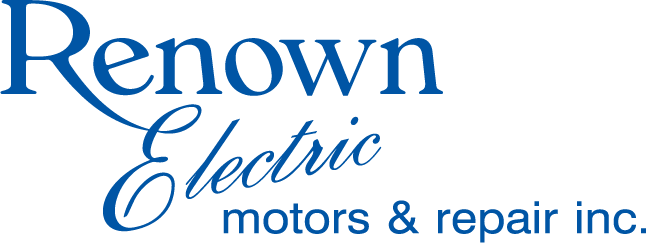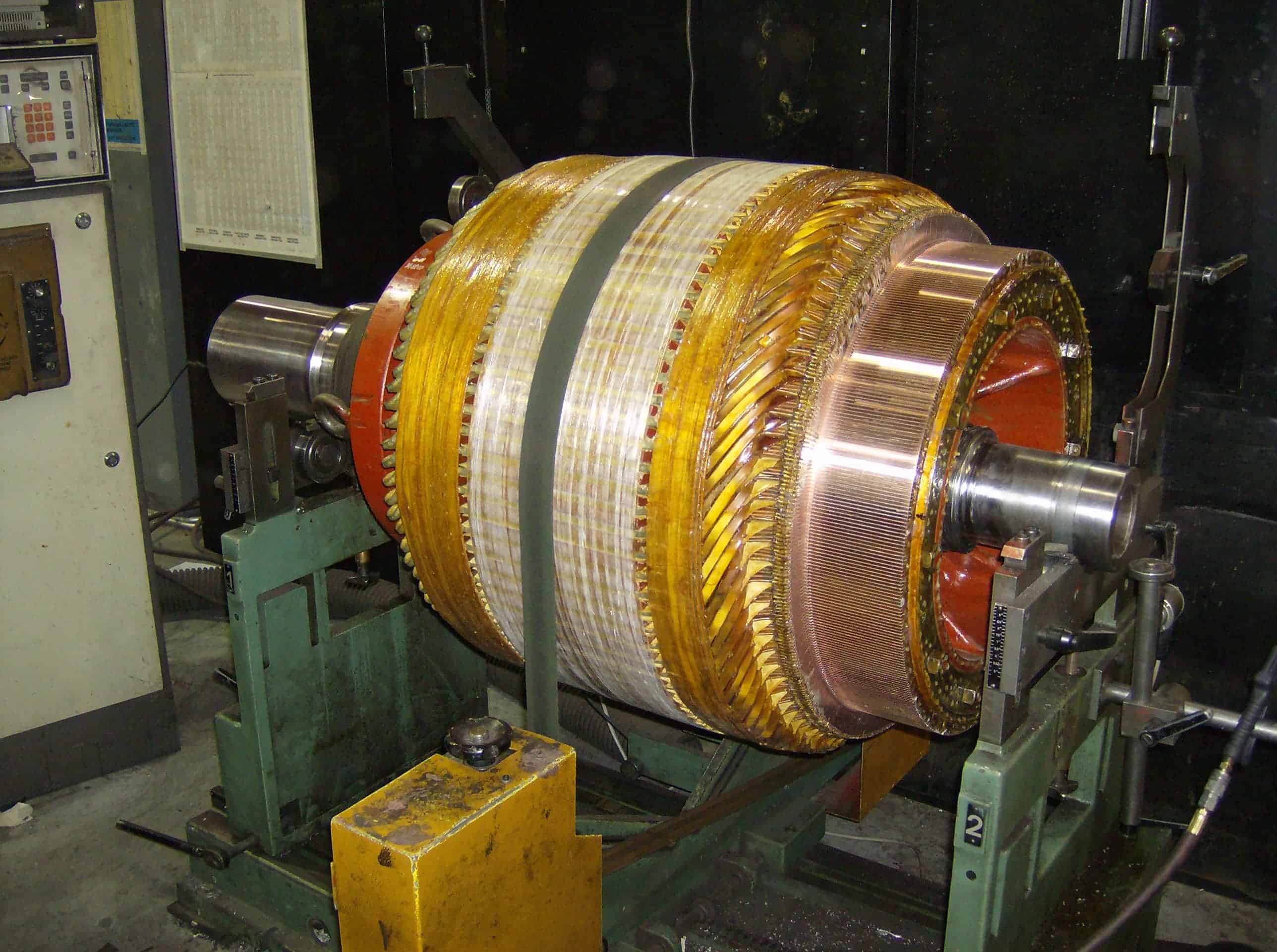This post is the second in a monthly series of “How It Works” articles that detail the inner workings of motor maintenance services and processes.
Large motors are sophisticated machines, and their failure can be deeply disruptive to the rest of a facility’s operations. Understanding how your motor works — and the preventative and predictive maintenance that can make it work better — can both enhance the life of a motor and decrease its energy consumption.
Rotating Machines and Vibration
Anyone who works with rotating equipment knows that proper alignment and balance are key to its function. Improper dynamic balance — the most frequent type of balance problem — can cause excessive vibration, which in turn can damage the machine. Balance problems can produce:
-
— Unwanted noise
- — Unnecessary vibration
- — Early bearing wear
- — Structural damage
- — Inefficient operations
- — Equipment failure
- — Unnecessary downtime
- — High repair expenses
On-site Balancing
Large motors can’t simply be sent back to a manufacturer for fine-tuning, however; the transportation costs and delivery times are too much of an investment, and the potential risk of damaging rotor assemblies during travel is an unnecessary stressor.
In response to this problem, on-site balancing technicians have developed tools and services to bring routine balancing maintenance, and thus optimal machine life, to the motor’s real-time operating environment. By evaluating the motor in its native setup, technicians can compensate for assembly tolerances in gears, couplings and other components, and not to mention, save time for the facility’s operations team.
Dynamic Balancing Tools and Processes
Rotor imbalance is usually resolved at a machine’s startup. An exception to the rule, however, presents itself in variable speed machines, which will show increasing vibration with increasing speed.
If sudden vibration occurs on your motor, first check for:
- — Wear
- — Debris
- — Broken or cracked rotor parts
An on-site technician can further assist your initial assessment by:
- — Balancing installed rotors
- — Balancing with accelerometers, displacement sensors and digital measurements
- — Assessing with the state-of-the-art VIBXPERT II Balancer
- — Analyzing and documenting the process for your records, before and after servicing
The team at Renown Electric provides a host of maintenance services, including on-site dynamic balancing. To learn more about it or to see how they can help, ask about our field services.




